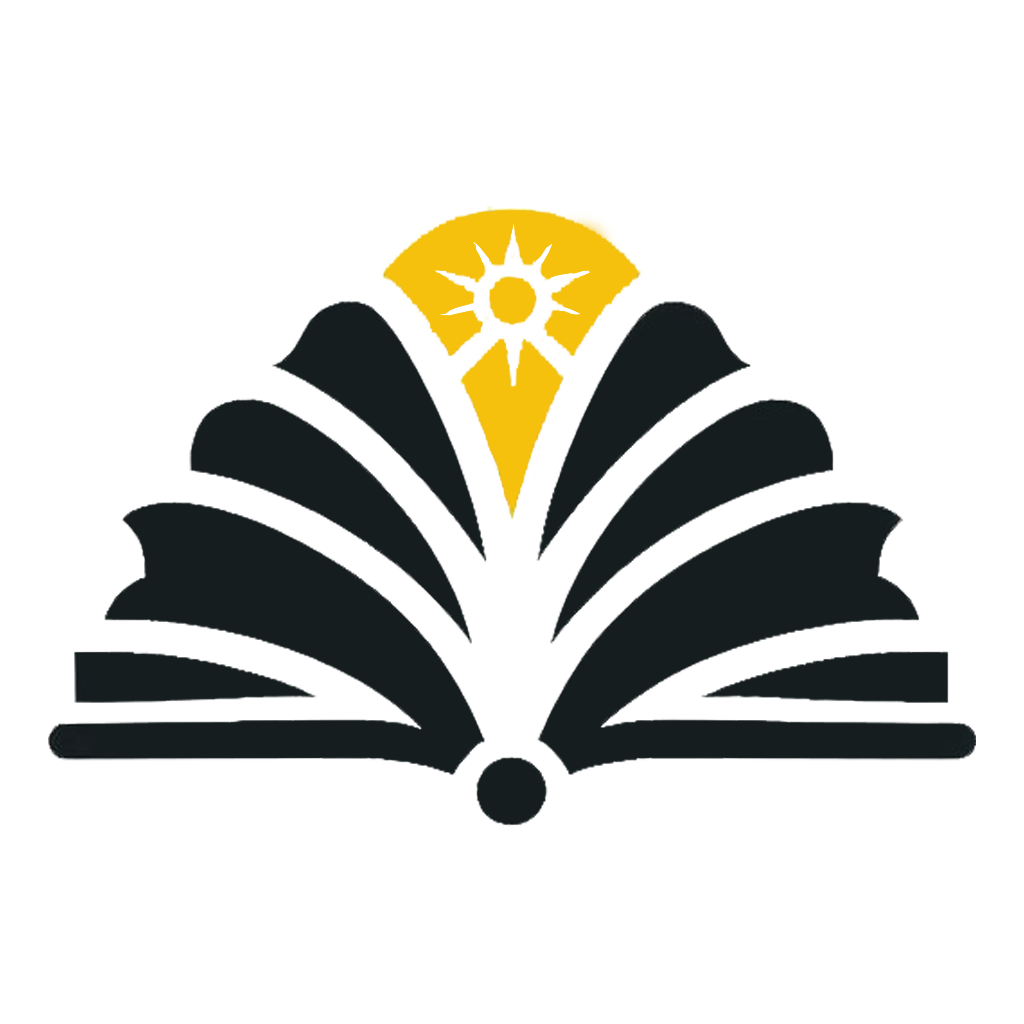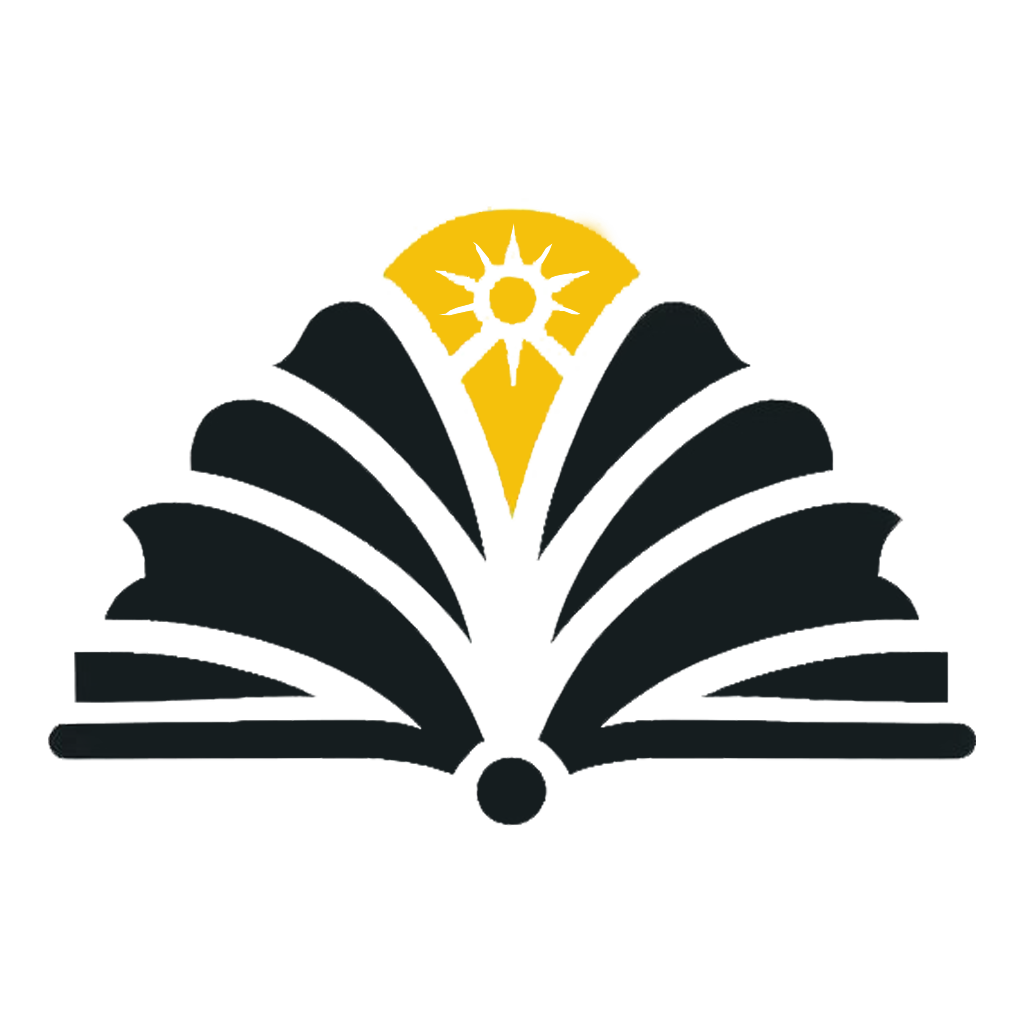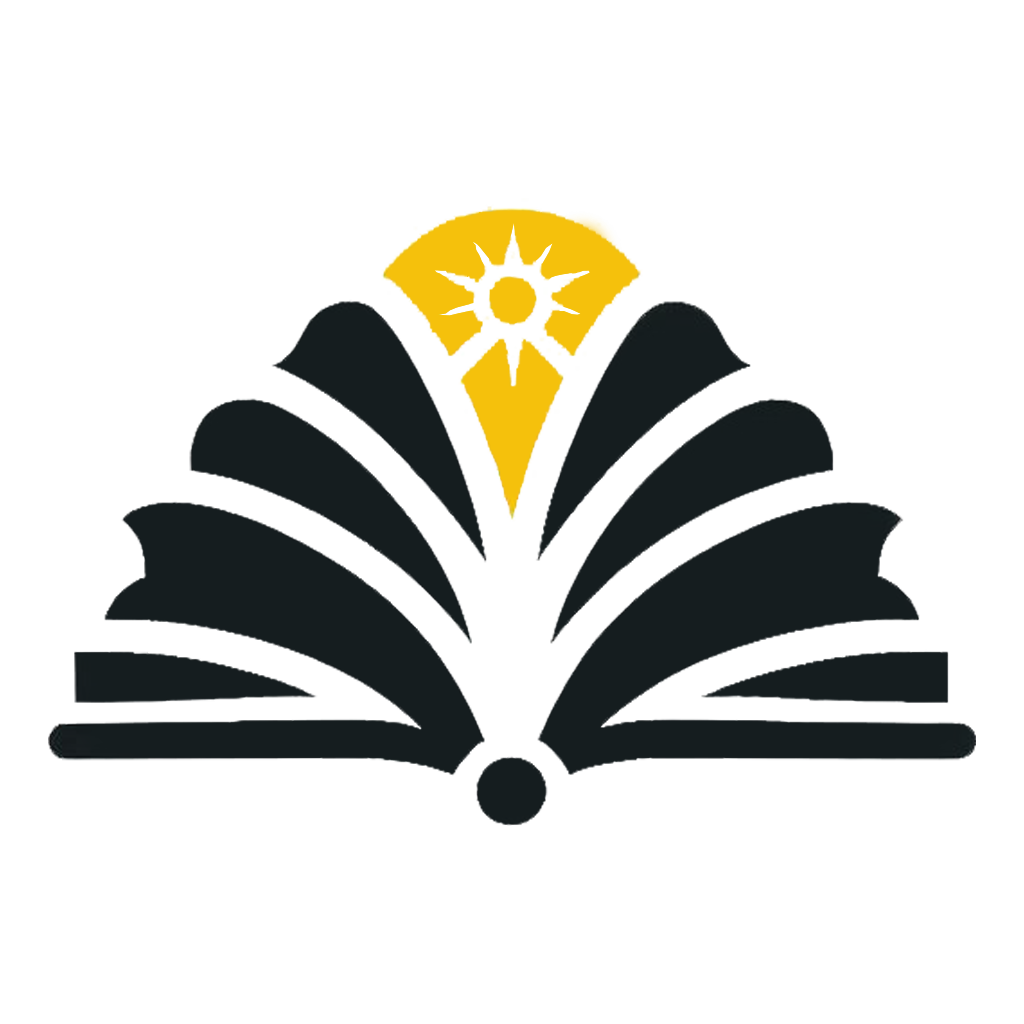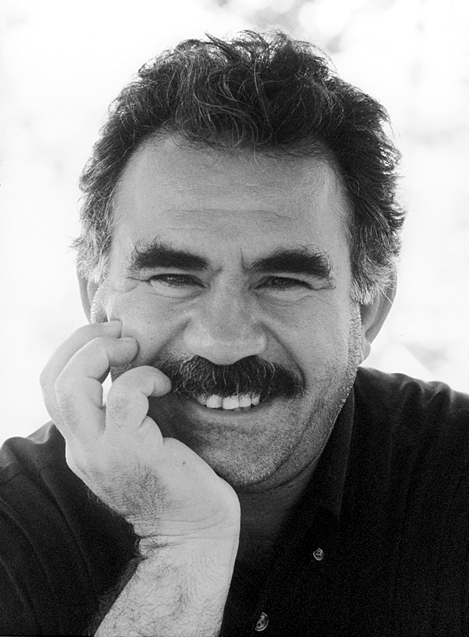
Introduction
Abdullah Öcalan, born in 1949, is a Kurdish political theorist, ideologue, and one of the founding members of the Kurdistan Workers' Party (PKK). He has been a central figure in the Kurdish political movement and has significantly influenced Kurdish nationalism and left-wing politics in Turkey and beyond.
Key Points
- Born: April 4, 1949, in Ömerli, Şanlıurfa Province, Turkey
- Co-founder and leader of the PKK (Kurdistan Workers' Party)
- Developed the ideology of Democratic Confederalism
- Imprisoned since 1999 on İmralı Island, Turkey
- Continues to influence Kurdish politics from prison
Early Life and Education
Abdullah Öcalan was born into a poor peasant family in the village of Ömerli in southeastern Turkey. His early life was marked by the challenges faced by many Kurds in Turkey, including poverty and lack of access to education in Kurdish language.
- Attended primary school in Ömerli and continued his education in Nizip and Ankara
- Studied political science at Ankara University, where he became involved in left-wing politics
- Exposed to Marxist-Leninist ideology and anti-colonial movements during his university years
Political Awakening and PKK Formation
Öcalan's political consciousness was shaped by the social and political climate of Turkey in the 1970s, particularly the suppression of Kurdish identity and leftist movements.
1974
Forms a Kurdish student group focused on revolutionary politics
1978
Officially establishes the Kurdistan Workers' Party (PKK) with a group of Kurdish students
1979
Flees Turkey for Syria, beginning a long period of exile
PKK Leadership and Armed Struggle
Under Öcalan's leadership, the PKK launched an armed struggle against the Turkish state in 1984, aiming for an independent Kurdish state. This period was characterized by:
- Guerrilla warfare tactics in southeastern Turkey
- Establishment of training camps in Lebanon's Bekaa Valley
- Development of a cult of personality around Öcalan, known as "Apo" (Uncle) to his followers
- Expansion of the PKK's influence among Kurds in Turkey and the diaspora
Capture and Imprisonment
Öcalan's life took a dramatic turn in 1999:
- February 15, 1999: Captured in Nairobi, Kenya, in a joint operation by Turkish and US intelligence services
- Brought to Turkey and tried for treason and separatism
- Initially sentenced to death, later commuted to life imprisonment when Turkey abolished the death penalty in 2002
- Incarcerated on İmralı Island in the Sea of Marmara, where he remains to this day
Ideological Evolution
Öcalan's political ideology has undergone significant changes over the years:
1. Marxism-Leninism and Kurdish Nationalism (1970s-1990s)
Initially, Öcalan adhered to a strict Marxist-Leninist ideology combined with Kurdish nationalism. He sought to establish an independent, socialist Kurdish state through armed struggle.
"The PKK was born from the Marxist-Leninist thought. That is, it was born from the left."
2. Democratic Confederalism (2000s-present)
After his imprisonment, Öcalan's ideology shifted dramatically. Influenced by the works of Murray Bookchin, he developed the concept of Democratic Confederalism, which advocates for:
- Decentralized, non-state form of self-administration
- Ecological sustainability
- Gender equality and feminism
- Cultural and religious pluralism
- Cooperative economy
"The right of self-determination of the peoples includes the right to a state of their own. However, the foundation of a state does not increase the freedom of a people... The system of the United Nations that is based on nation-states has remained inefficient. Meanwhile, nation-states have become serious obstacles for any social development."
Impact and Legacy
Öcalan's influence on Kurdish politics and society has been profound and multifaceted:
- Mobilization of Kurdish identity and nationalism across borders
- Shaping of the Kurdish political movement in Turkey and beyond
- Influence on leftist and feminist movements in the Middle East
- Contribution to debates on alternatives to the nation-state model
- Continued relevance in peace negotiations between the PKK and the Turkish state
Publications and Writings
Despite his imprisonment, Öcalan has continued to write and publish:
- "Prison Writings: The Roots of Civilization" (2007)
- "Prison Writings: The PKK and the Kurdish Question in the 21st Century" (2011)
- "Democratic Confederalism" (2011)
- "Manifesto for a Democratic Civilization" (multi-volume work)
Current Status and Future Prospects
As of now, Öcalan remains imprisoned on İmralı Island. However, his ideas continue to influence Kurdish politics:
- Periodic meetings with lawyers and family members, though often restricted
- Continued publication of books and statements from prison
- Calls for his release or improved prison conditions by supporters and some human rights organizations
- Ongoing debates about his role in potential peace processes between the PKK and the Turkish state
